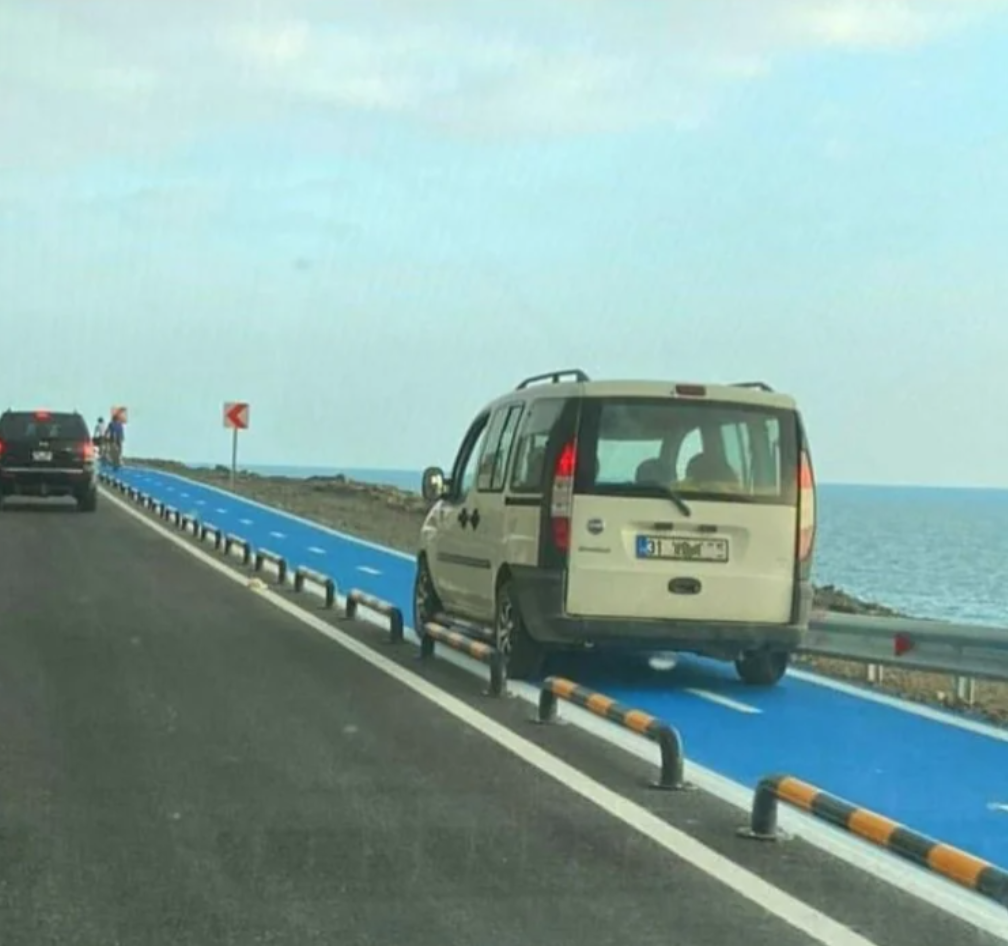1. BR-101 - Brazil
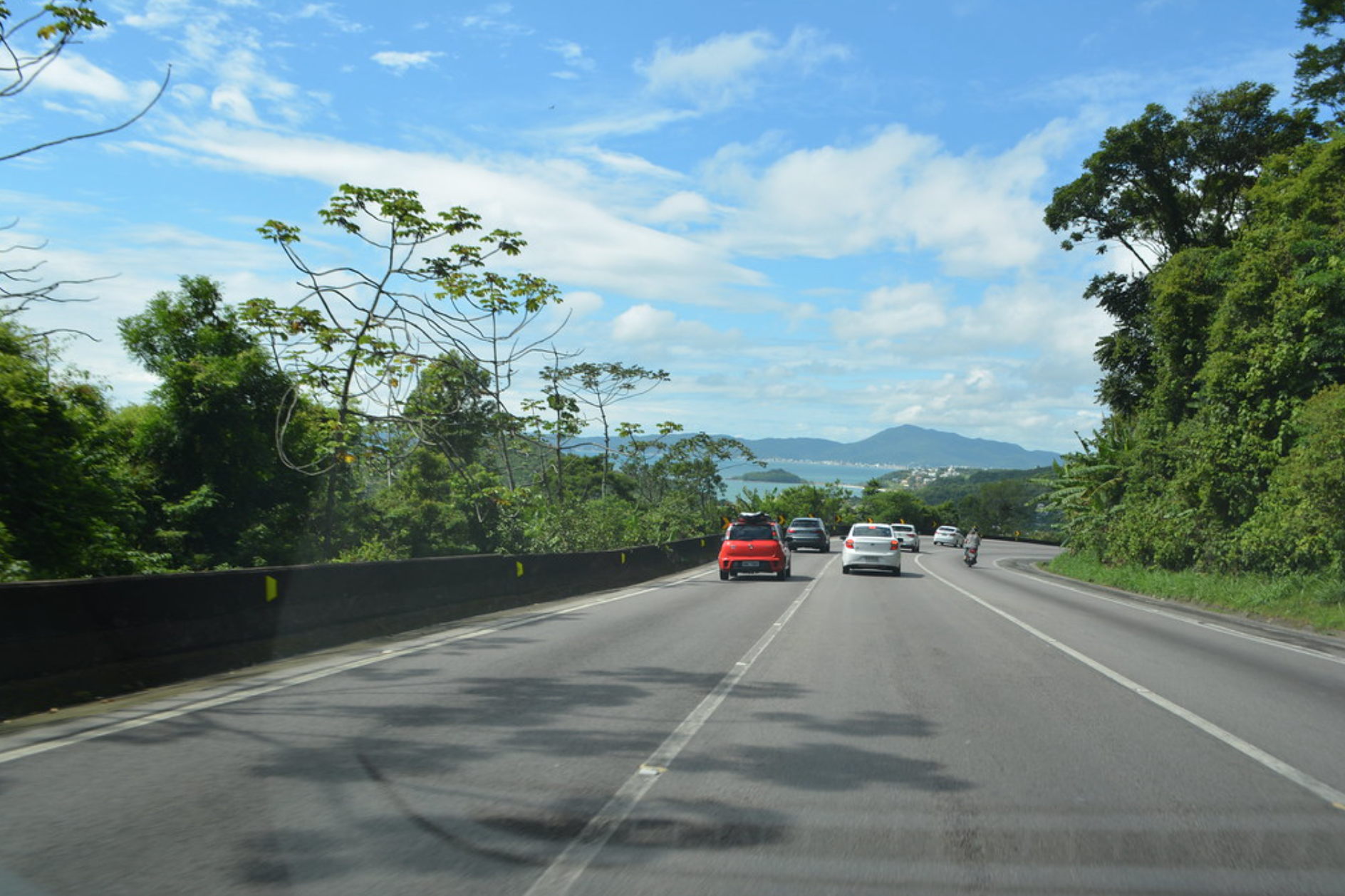
Image Source: Flickr
The BR-101 in Brazil, known as the "Rodovia Governador Mário Covas," spans over 4,800 kilometers along the stunning Brazilian coastline. Constructed in the 1950s, it's a vital artery connecting major cities like Rio de Janeiro and São Paulo. While offering picturesque views, the road is notorious for its high accident rate, with an average of around 3,500 accidents annually.
2. E6 - Norway
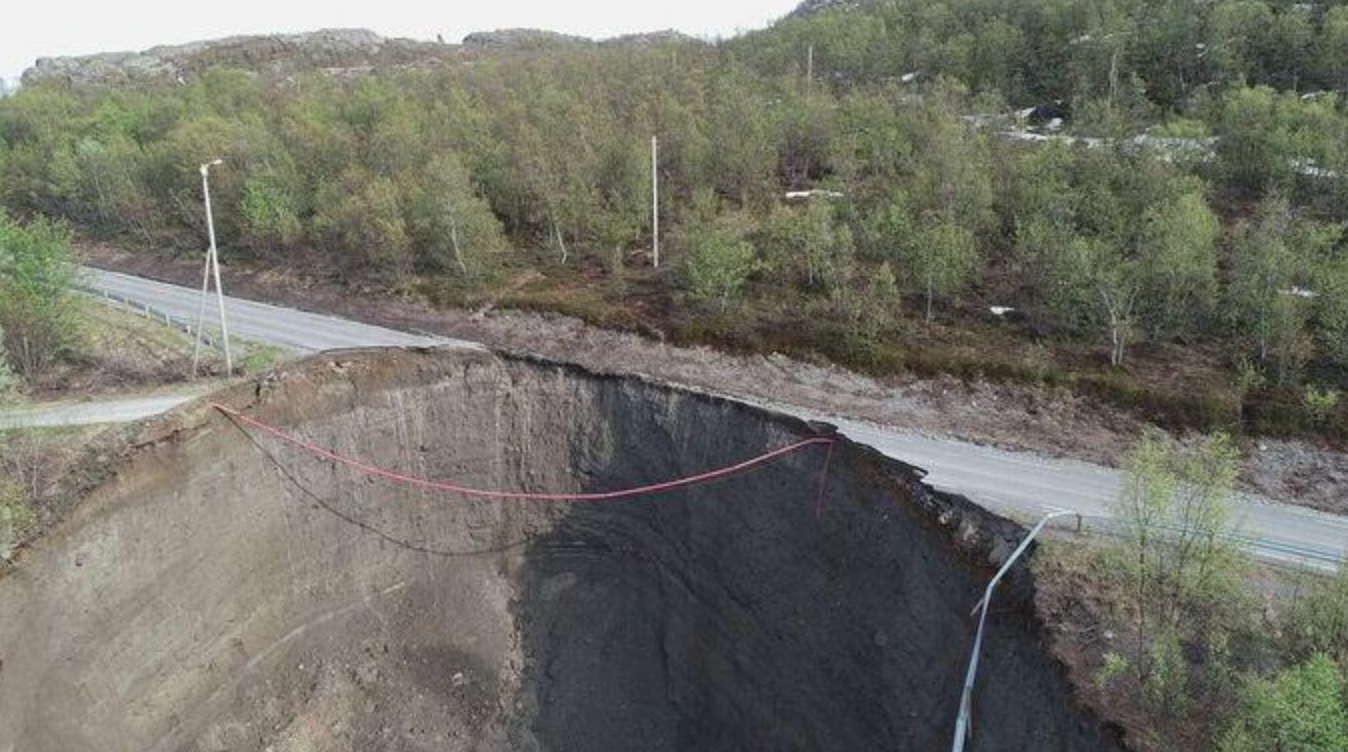
Image Source: Reddit
Stretching across the captivating landscapes of Norway, the E6 highway is a lifeline of connectivity. It winds through fjords and mountains, connecting cities like Oslo and Tromsø. Built in stages since the 1930s, the road now extends over 3,800 kilometers. Also, there is a section of this road that is commonly known as the "Highway to hell". Would you drive on this during rush hour?
3. North-South Highway - Malaysia

Image Source: Reddit
Malaysia's North-South Highway, spanning about 800 kilometers, is a vital artery linking Kuala Lumpur to Johor Bahru. Opened in the 1990s, it's a crucial part of the nation's infrastructure. The road witnesses around 5,000 accidents annually, partly due to its heavy usage. As a central trade and travel route, the North-South Highway is an integral component of Malaysia's bustling transportation network.
4. Golden Quadrilateral - India

Image Source: Reddit
India's Golden Quadrilateral, initiated in 2001, is a marvel of modern infrastructure. Connecting Delhi, Mumbai, Chennai, and Kolkata, this highway network spans over 5,800 kilometers. With over 150,000 accidents reported annually, it's a busy thoroughfare that experiences heavy traffic. As India's economic backbone, the Golden Quadrilateral supports commerce and industry, making it a hub of constant activity.
5. 110 Freeway - USA
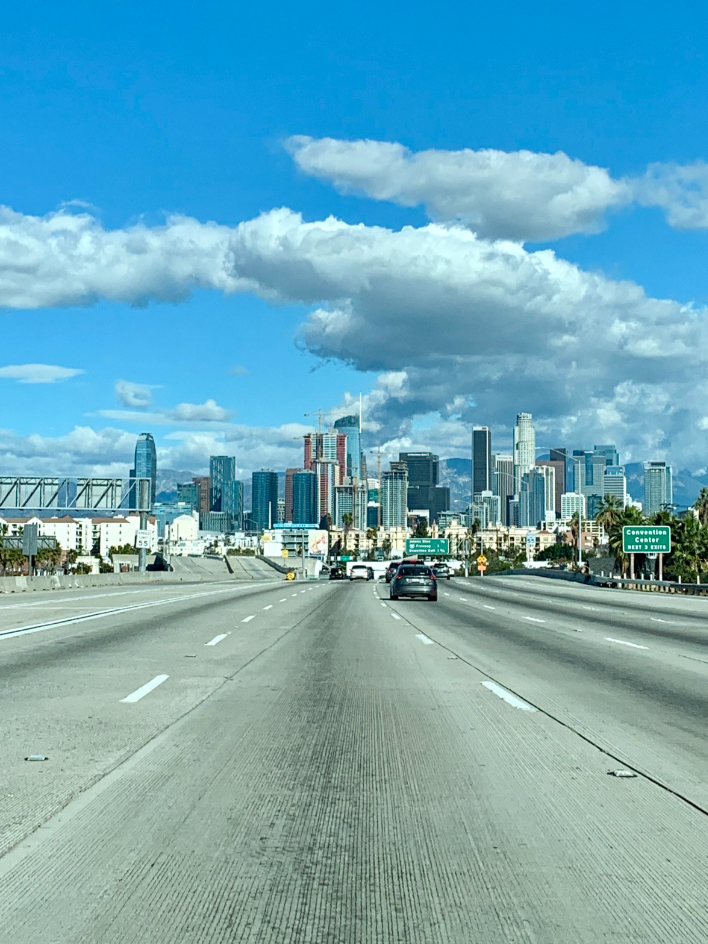
Image Source: Reddit
The iconic 110 Freeway in Los Angeles, California, is a symbol of American urban mobility. Spanning about 23 miles, this road dates back to the 1930s. The 110 Freeway reports around 15,000 accidents each year, given its central role in LA's bustling traffic landscape. Connecting downtown LA to Pasadena, it's an integral part of the city's DNA, serving as a conduit for commuters and culture.
6. M25 - United Kingdom
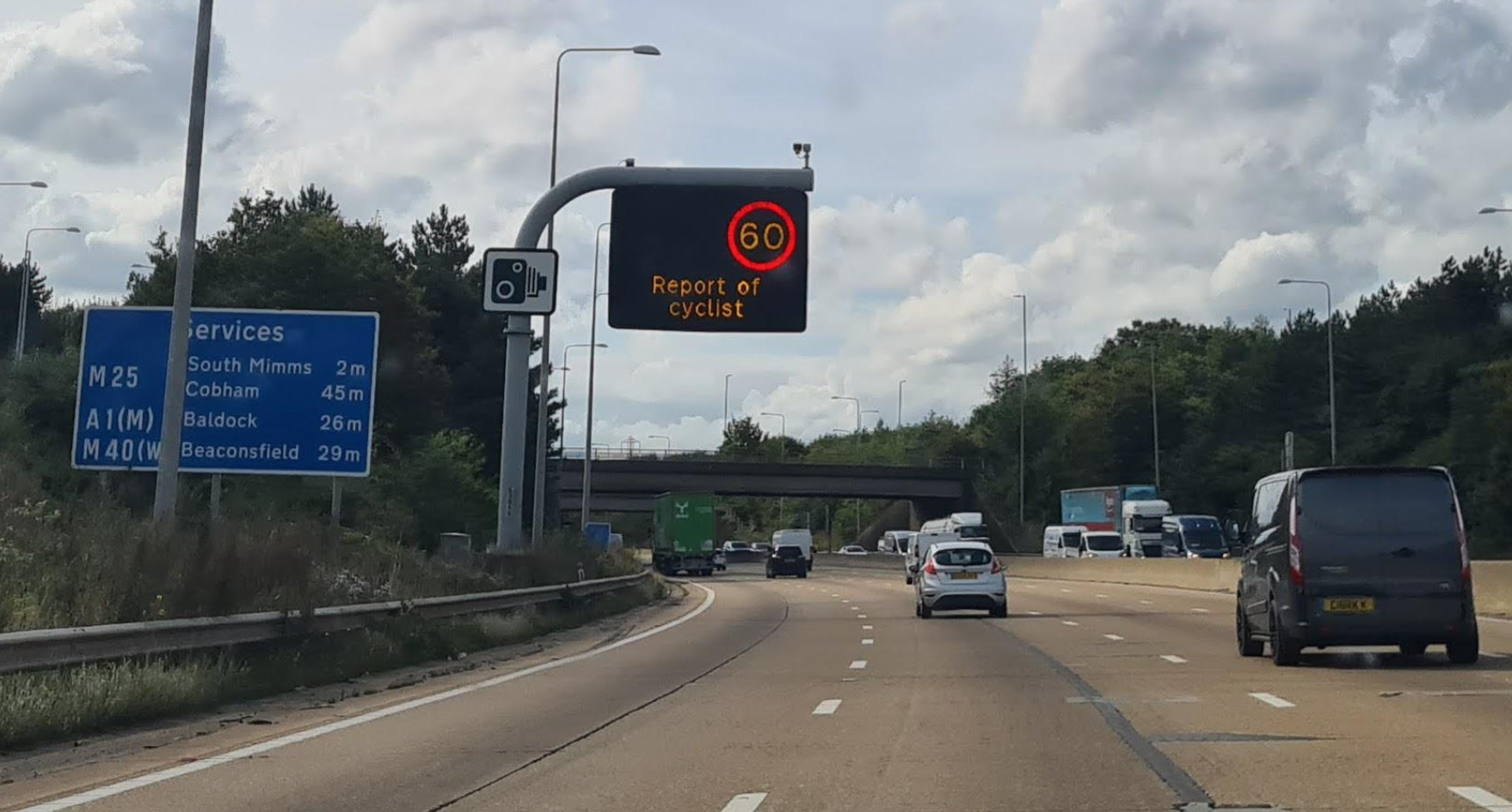
Image Source: Reddit
The M25 in the UK circles the entirety of London, and is one of the busiest roads in the world. It also has a sarcastic nickname - London's carpark. With roughly 6,000 accidents annually, the M25's busy nature is a result of its strategic importance to the UK's transportation network. The road's centrality and its role in connecting commuters and businesses contribute to it's continuous use.
7. Paris Périphérique - France
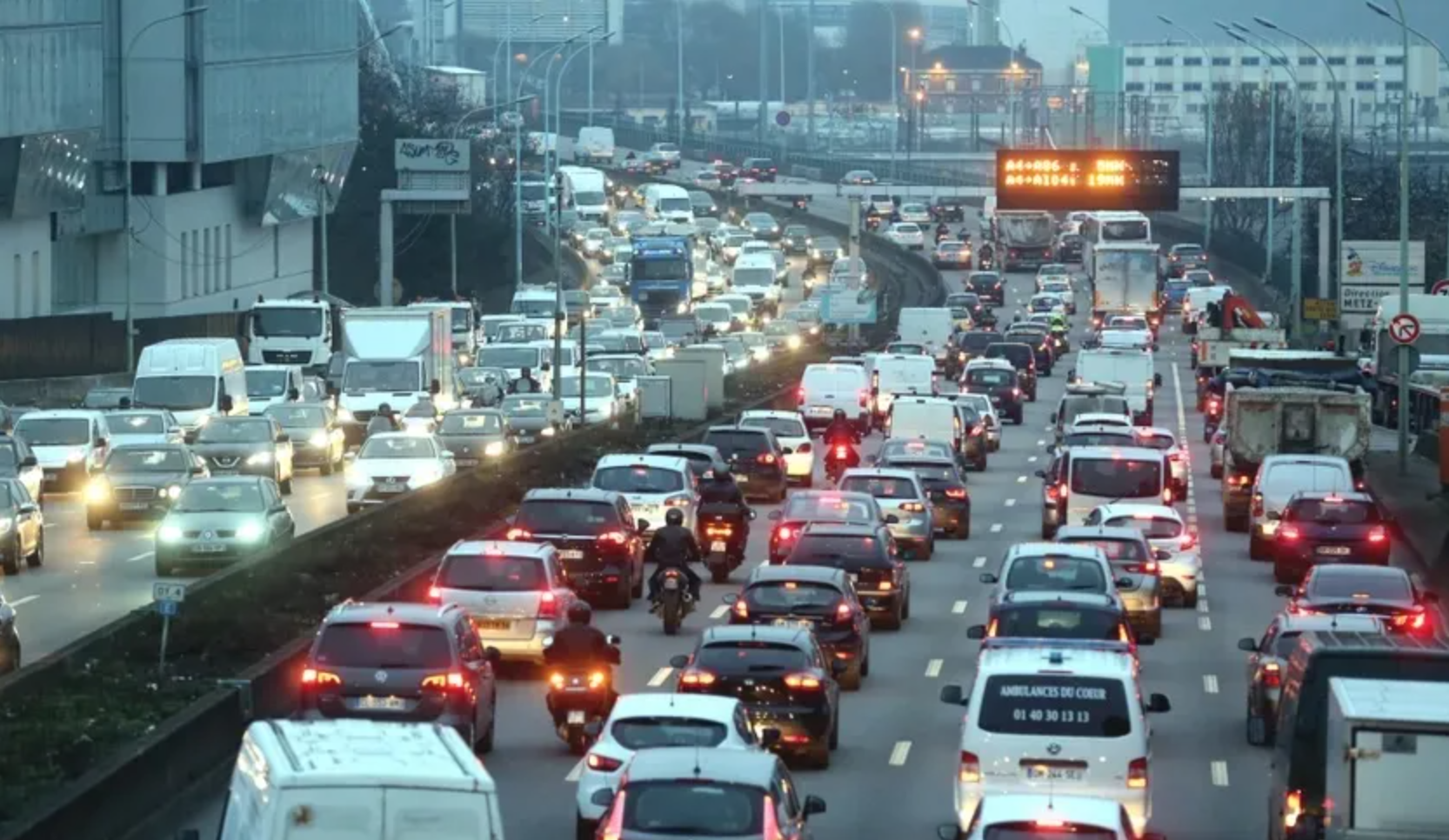
Image Source: casdinternet.com
The Paris Périphérique, or Boulevard Périphérique, encircles the heart of Paris, shaping the city's traffic flow. Dating back to the 1950s, this road sees approximately 1,500 accidents yearly. As an essential urban conduit, it connects neighborhoods and enables movement within the French capital. The Périphérique's constant activity mirrors the dynamic essence of Paris itself.
8. D1 Highway - Czech Republic
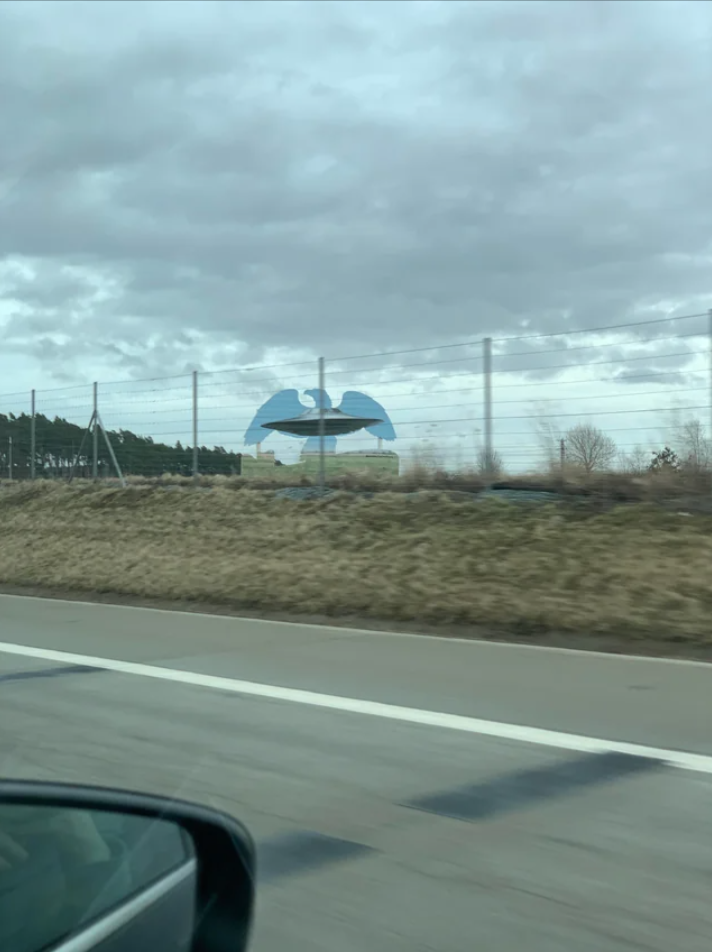
Image Source: Reddit
The D1 Highway in the Czech Republic spans over 365 kilometers, linking Prague to the east of the country. Built in the 1960s, it now forms a vital part of Czech infrastructure. With around 3,000 accidents yearly, the D1's importance stems from its role in interconnecting regions and supporting trade. The road's evolution reflects the Czech Republic's progress and development.
9. Yamuna Expressway - India
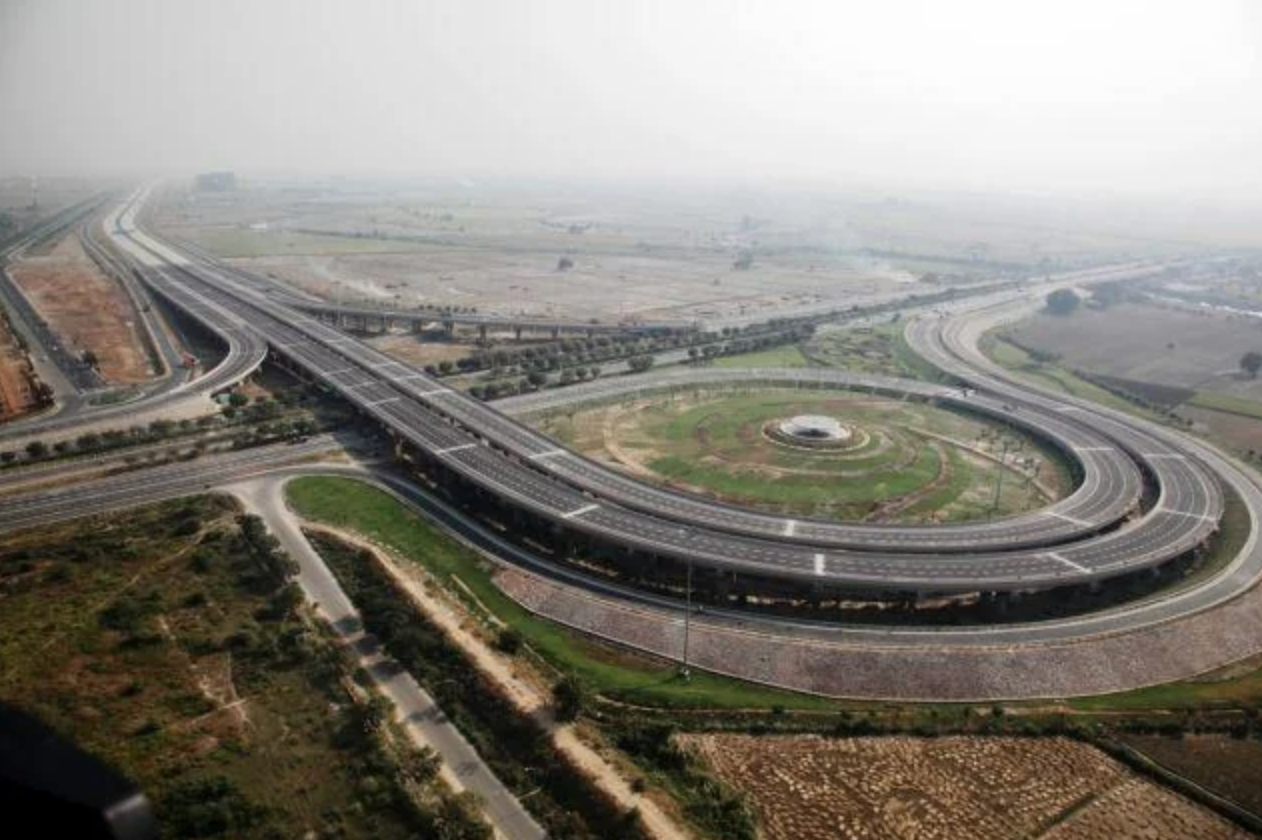
Image Source: Reddit
The Yamuna Expressway, inaugurated in 2012, is a modern marvel in India's transportation landscape. Connecting Delhi and Agra, it spans around 165 kilometers. With approximately 200 accidents annually, this road's significance lies in its efficiency and the convenience it offers to travelers. The Yamuna Expressway role in connecting historical landmarks to urban centers makes it a road of historical and contemporary importance.
10. G4 Beijing-Hong Kong-Macau Expressway - China
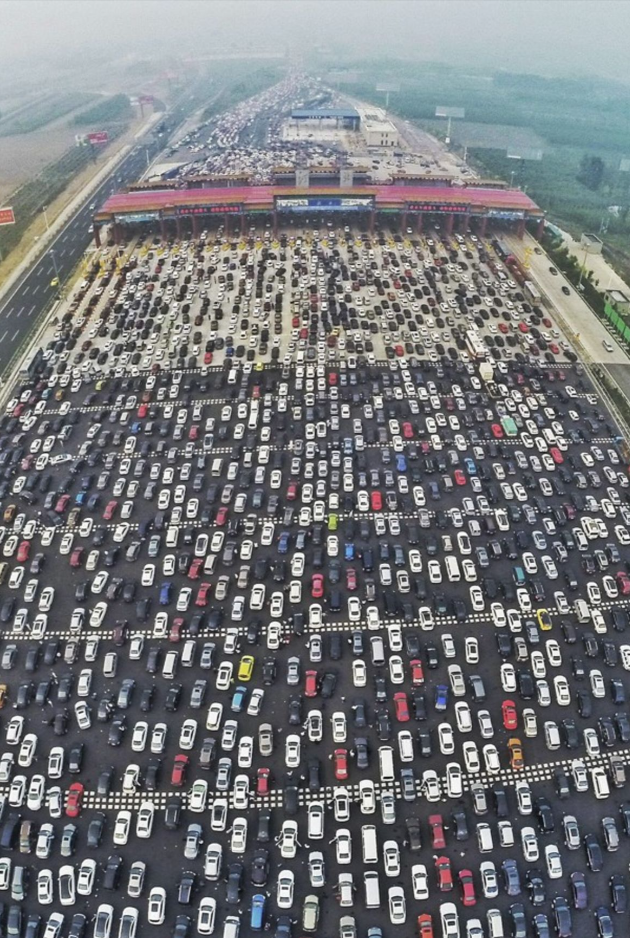
Image Source: Reddit
China's G4 Expressway, linking Beijing, Hong Kong, and Macau, is a testament to the country's vastness. Constructed in stages since the 1990s, it stretches over 1,900 kilometers. What's crazy about it is that, in some places on the G4, you can expect up to 50 lanes of traffic. Imagine being stuck on the road and either side of you there are 25 lanes all blocked!
11. I-405 - USA
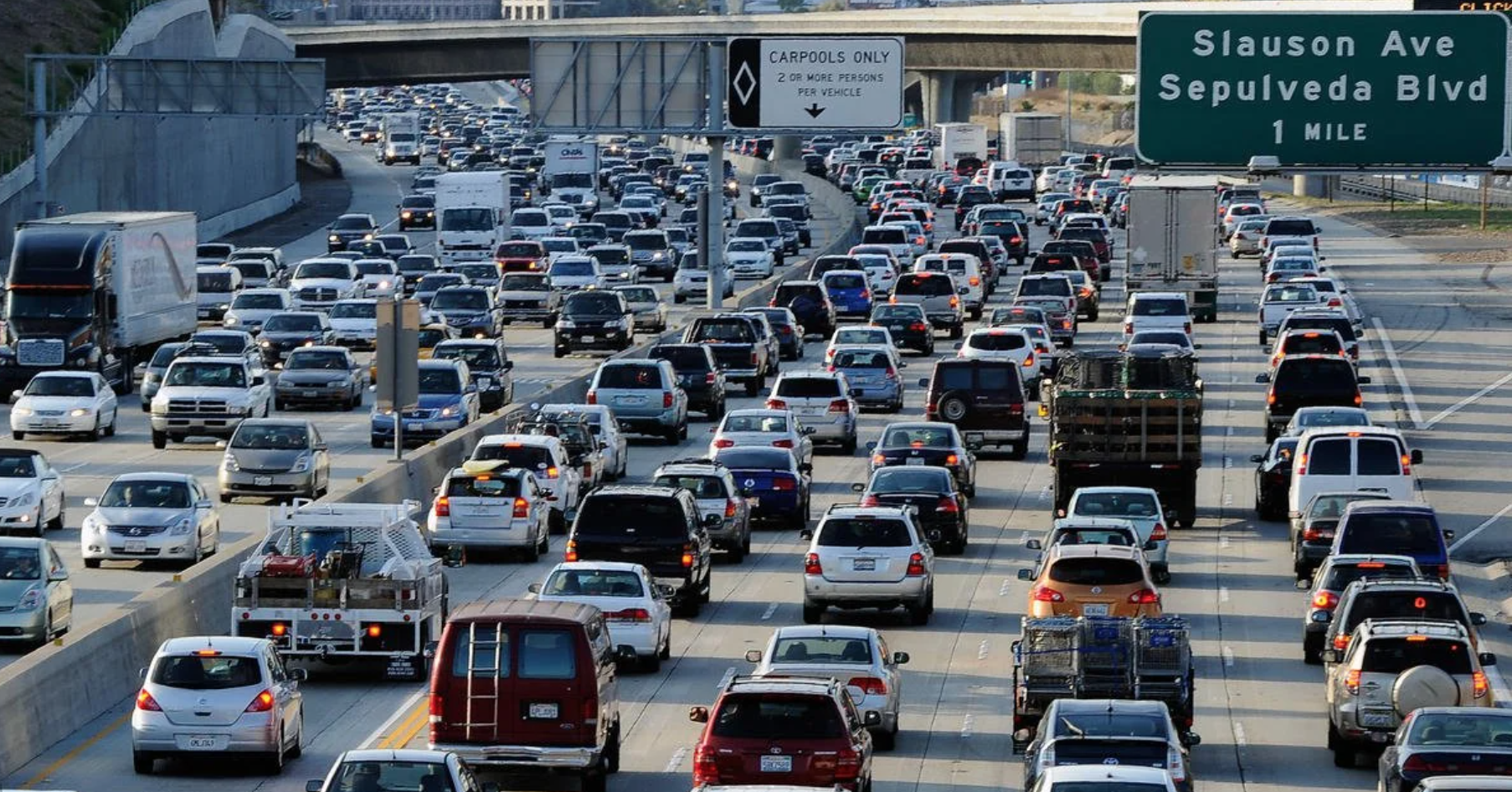
Image Source: Reddit
Dubbed the "San Diego Freeway," the I-405 in California is a key thoroughfare in the USA's highway network. Stretching approximately 72 miles, it was established in the 1960s. With an average of 6,000 accidents reported each year, this road's bustling nature mirrors the pace of life in the Greater Los Angeles area. The I-405's role in linking neighborhoods, businesses, and attractions makes it a vital lifeline for Southern California.
12. A2 - Poland
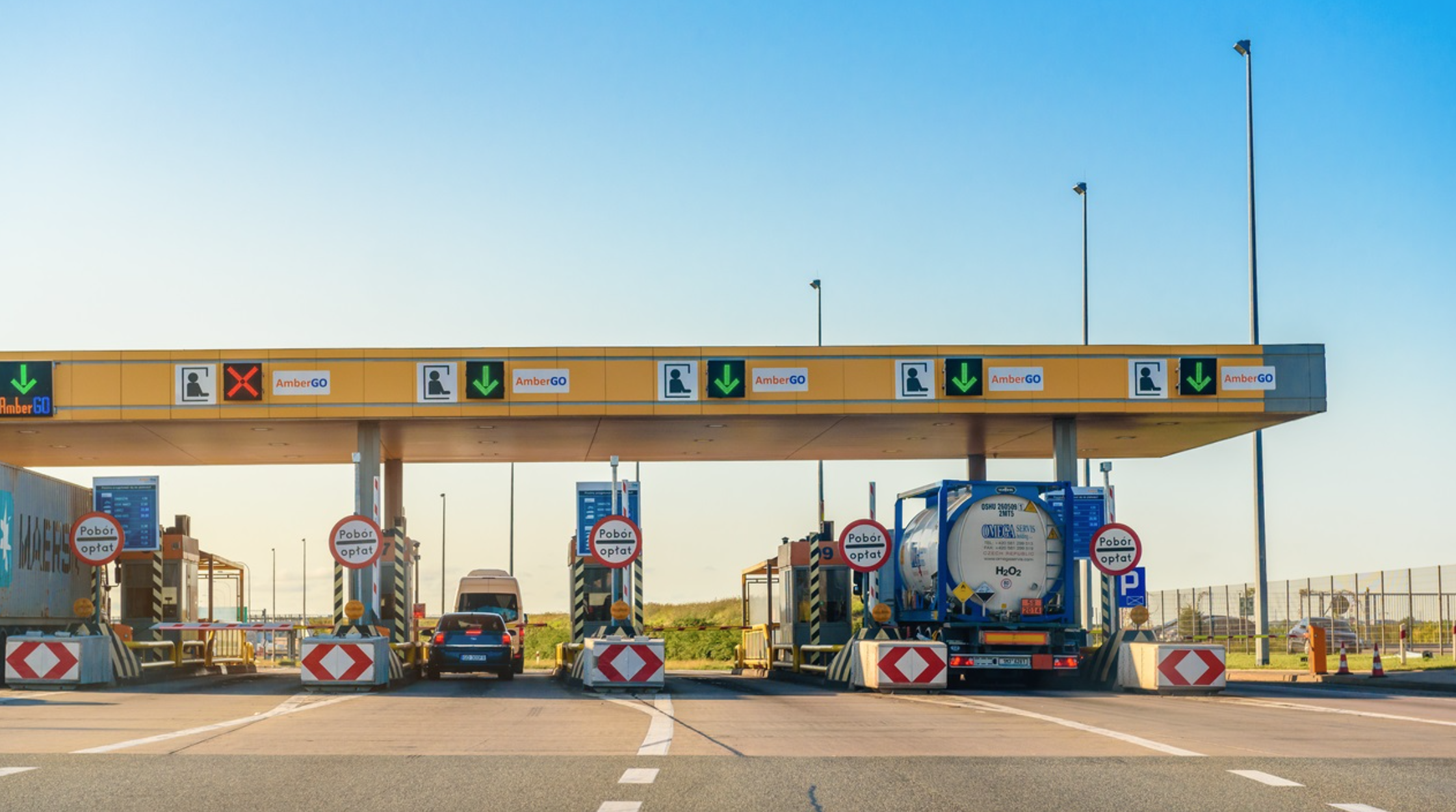
Image Source: Kodino
Poland's A2 motorway, connecting the west to the east of the country, is an embodiment of modern connectivity. Opened in stages since the 2000s, it spans about 300 kilometers. With approximately 1,500 accidents yearly, this road's significance lies in its role as a trade and travel conduit. The A2 motorway is a testament to Poland's progress and integration within the European Union.
13. M-30 - Spain
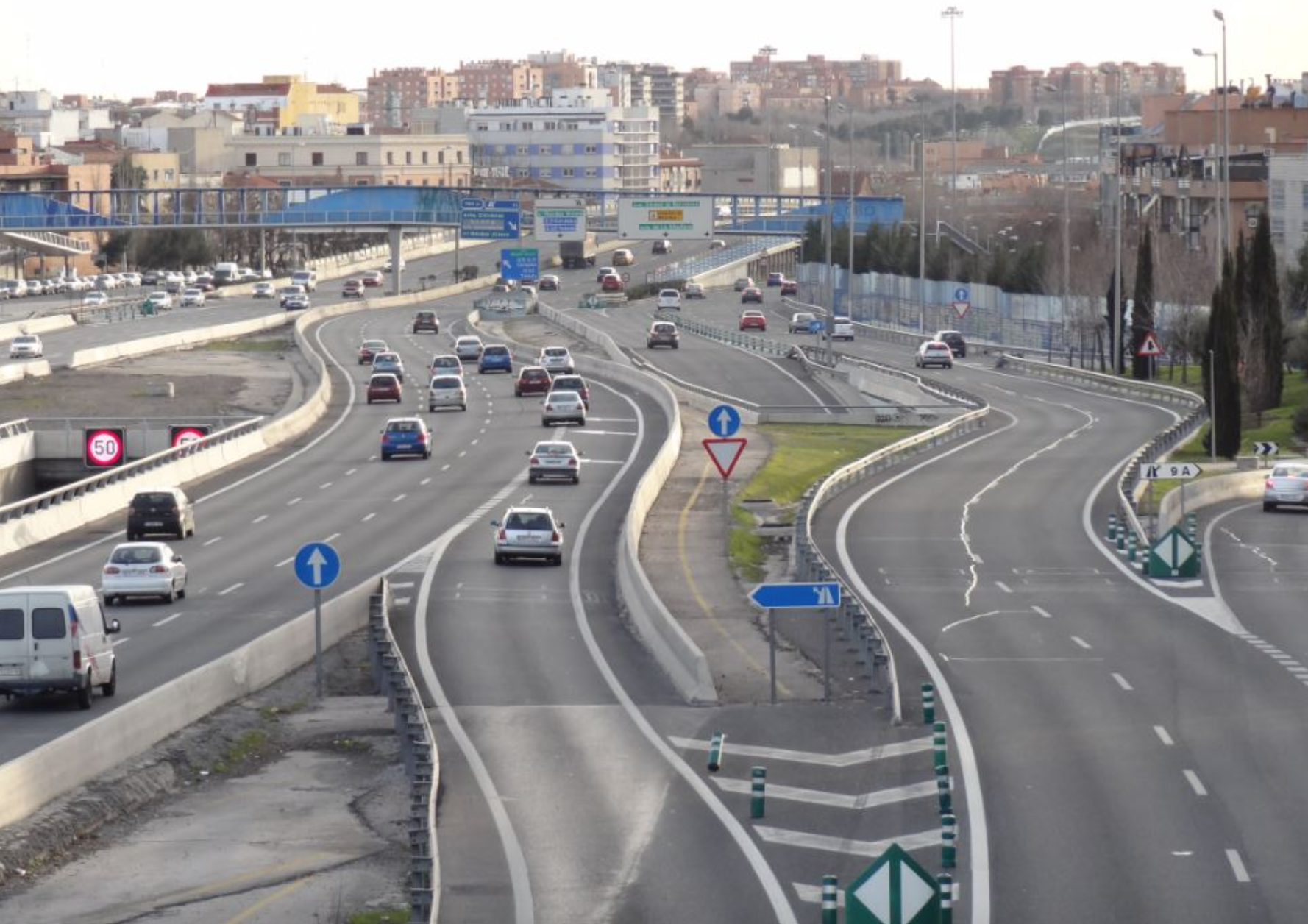
Image Source: Metrhispanic
Madrid's M-30 highway encircles the heart of Spain's capital, contributing to its urban dynamics. Constructed in stages since the 1970s, it spans about 32 miles. With an average of 2,000 accidents annually, the M-30's role in Madrid's transportation grid is vital. Connecting historic sites, neighborhoods, and business districts, it embodies the city's rhythm and growth.
14. M-50 - Spain
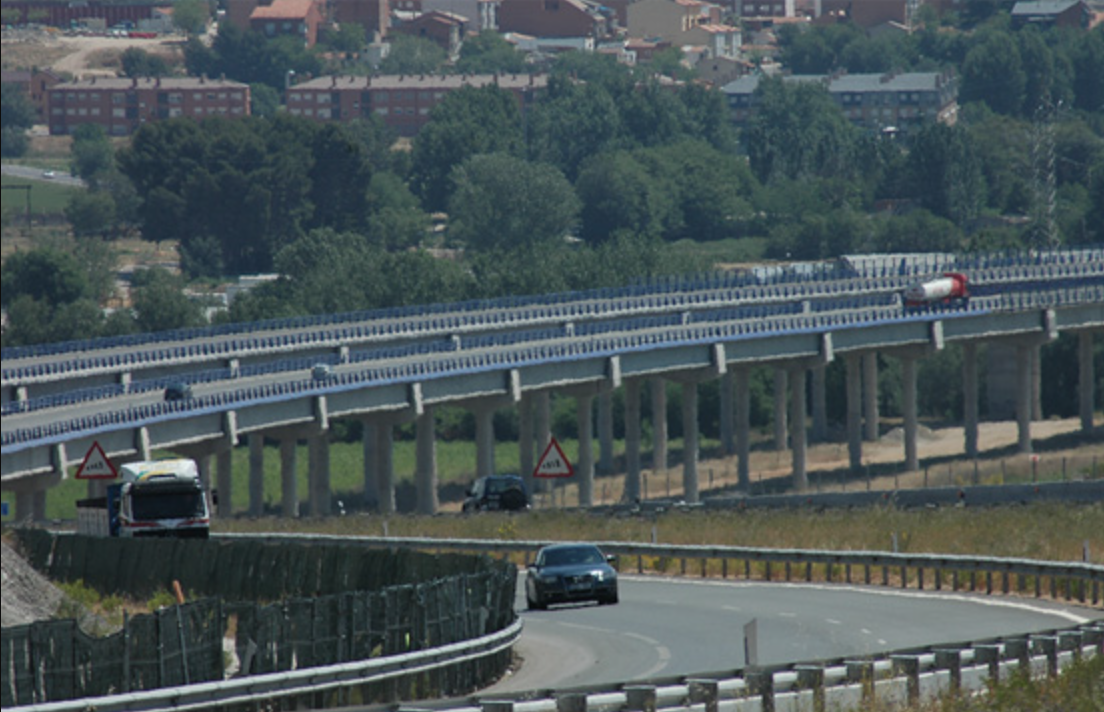
Image Source: Sacyr
Spain's M-50 orbital motorway provides a crucial ring of connectivity around Madrid. Opened in the 2000s, it spans around 85 kilometers. Reporting roughly 1,500 accidents each year, the M-50's importance stems from its ability to alleviate traffic congestion in and around the Spanish capital. This road exemplifies Spain's modern approach to transportation and urban planning.
15. Mumbai-Pune Expressway - India
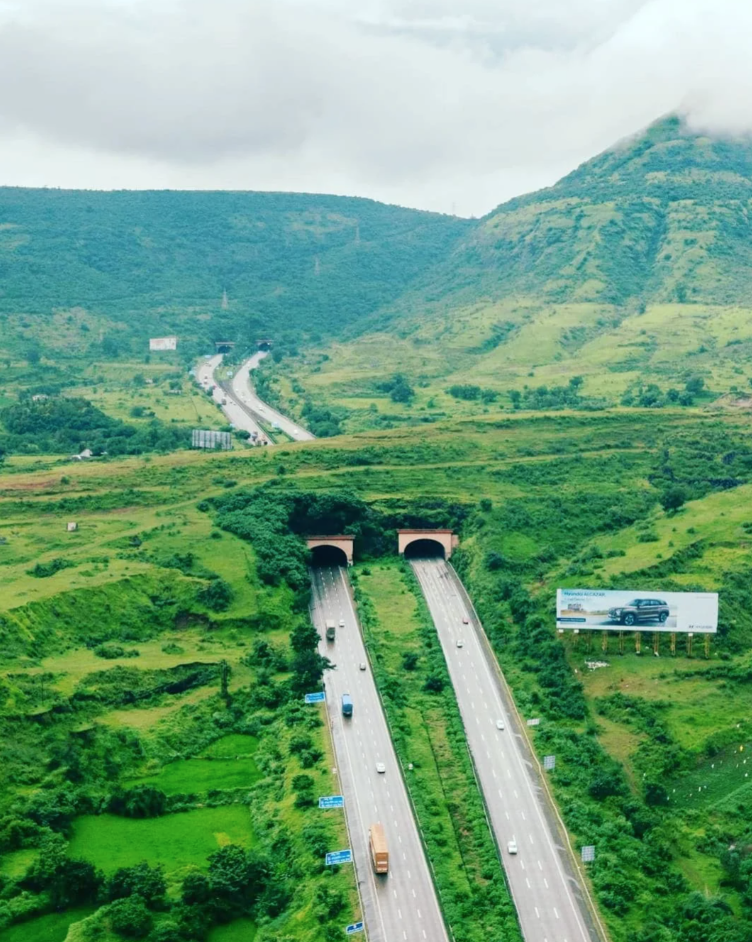
Image Source: Reddit
India's Mumbai-Pune Expressway, inaugurated in 2002, is a symbol of progress. Stretching about 95 kilometers, it significantly reduces travel time between the two cities. It's also a pretty safe road, unlike some of the others on this list! The Mumbai-Pune Expressway's role in enhancing connectivity and trade echoes India's journey toward a more connected future.
16. D25 Road - Turkey
Image Source: Reddit
Turkey's D25 road, connecting Istanbul and Ankara, is a lifeline of connectivity and commerce. Stretching over 300 kilometers, it was established in the 1980s. Reporting an average of 800 accidents annually, this road's strategic significance is evident in its contribution to trade between two of Turkey's major cities. The D25 road embodies Turkey's drive for economic progress and regional integration.
17. Eastern Express Highway - India
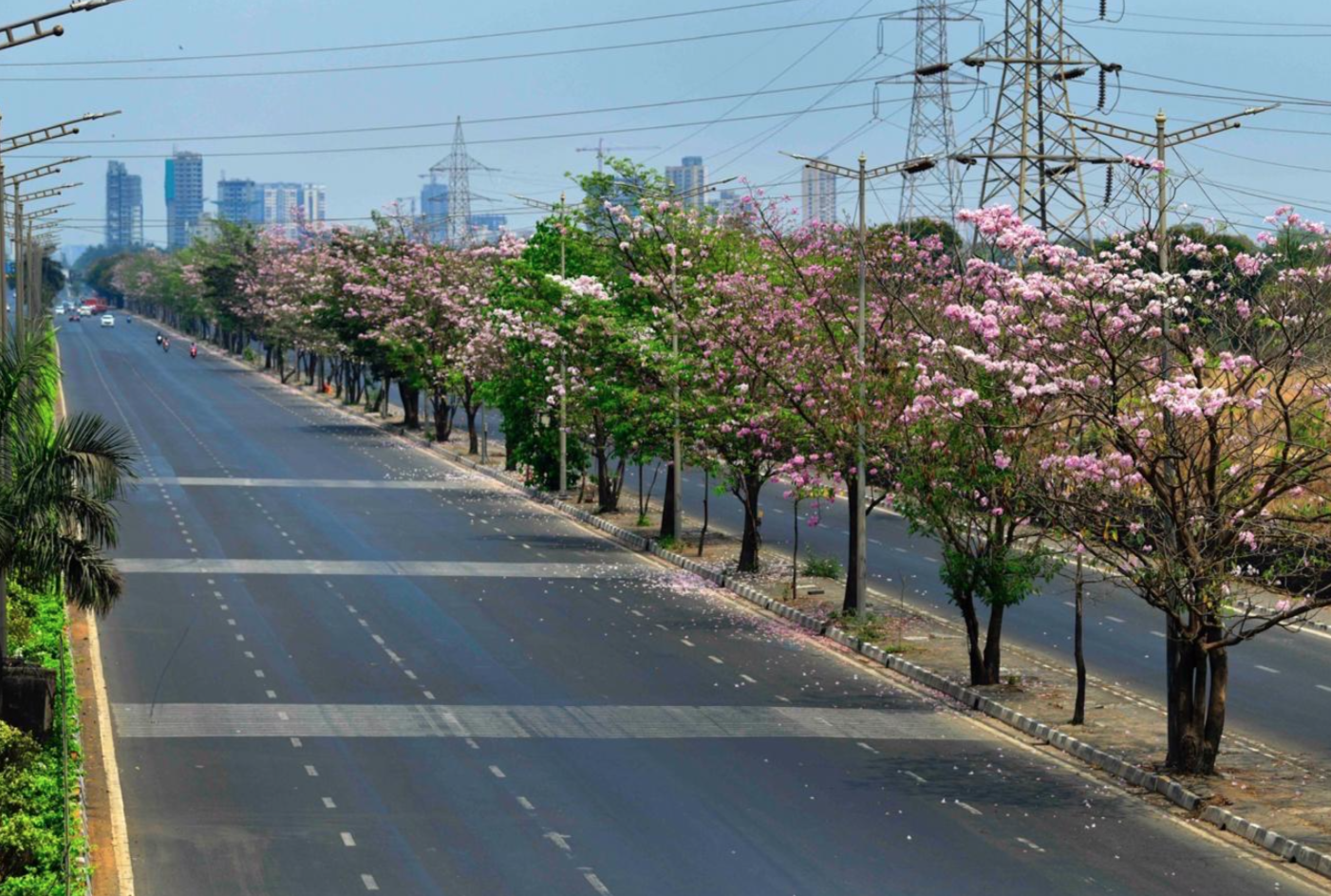
Image Source: Reddit
India's Eastern Express Highway, part of the Mumbai suburban road network, is a bustling urban artery. Connecting Mumbai's suburbs, it spans approximately 23 miles. With roughly 1,000 accidents each year, this road's importance lies in easing urban congestion and facilitating intra-city movement. The Eastern Express Highway reflects the pulse of Mumbai, India's financial and entertainment capital.
18. G25 Changchun-Shenzhen Expressway - China
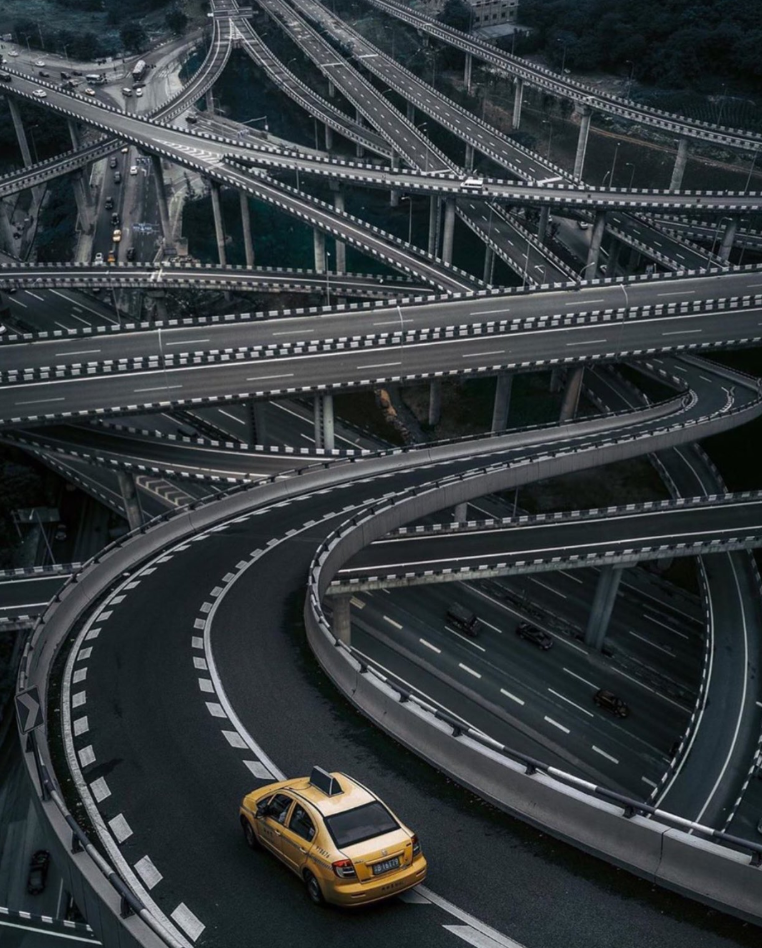
Image Source: Reddit
China's G25 Expressway, stretching from Changchun to Shenzhen, traverses diverse landscapes and cities. Constructed in stages since the 1990s, it spans over 2,900 kilometers. Reporting around 3,500 accidents annually, this road's significance stems from its role in linking regions and supporting trade. The G25 Expressway is a modern embodiment of China's commitment to connectivity and progress.
19. S40 Inner Ring Expressway - China
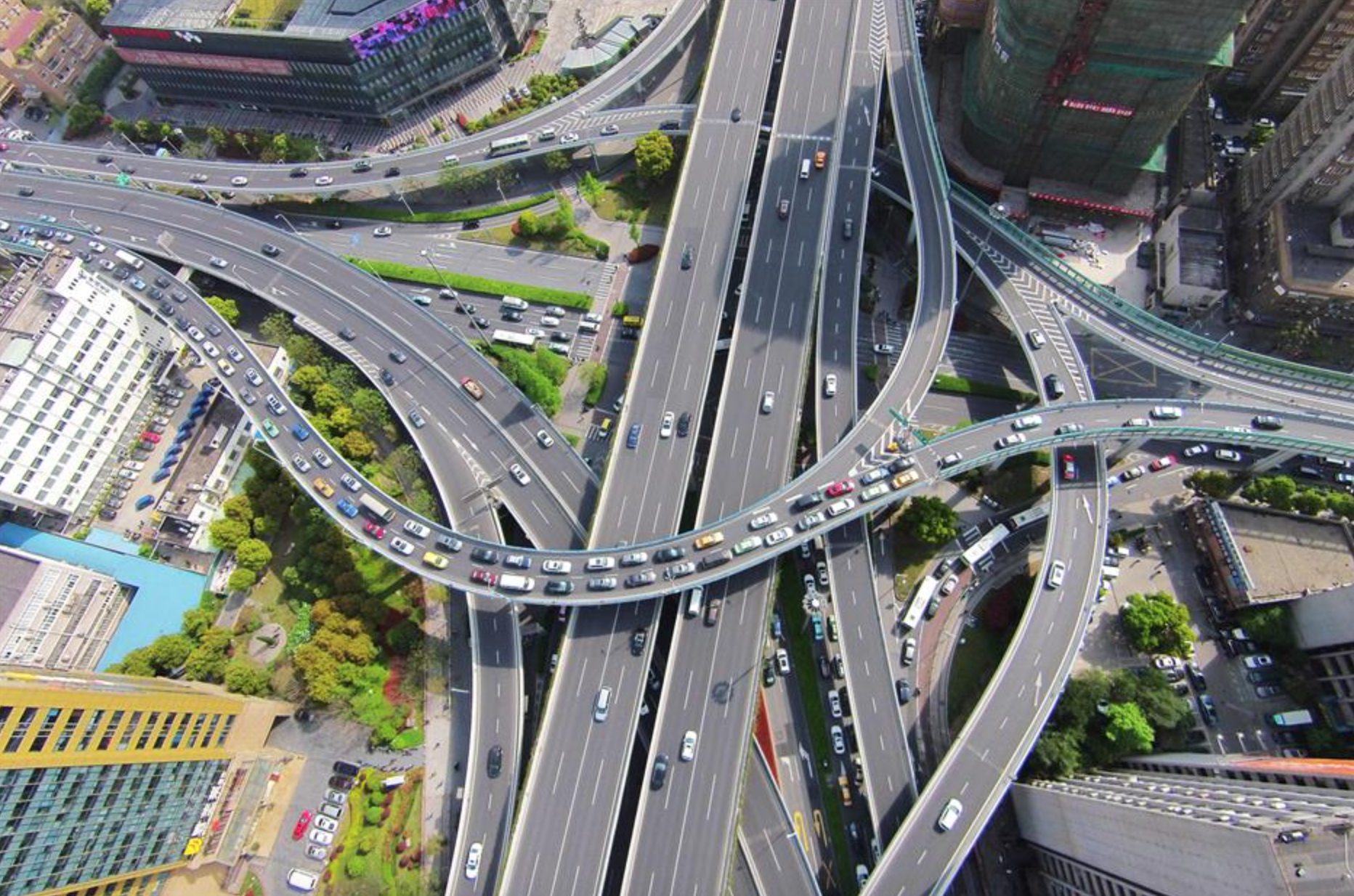
Image Source: Shanghai Daily
China's S40 Inner Ring Expressway in Shanghai is a bustling urban route encircling the city center. Established in the 2000s, it spans around 46 kilometers. With an average of 1,500 accidents reported yearly, this road's importance lies in alleviating traffic congestion within Shanghai. The S40 Inner Ring Expressway reflects the dynamism of one of China's most vibrant metropolises.
20. M-40 - Spain
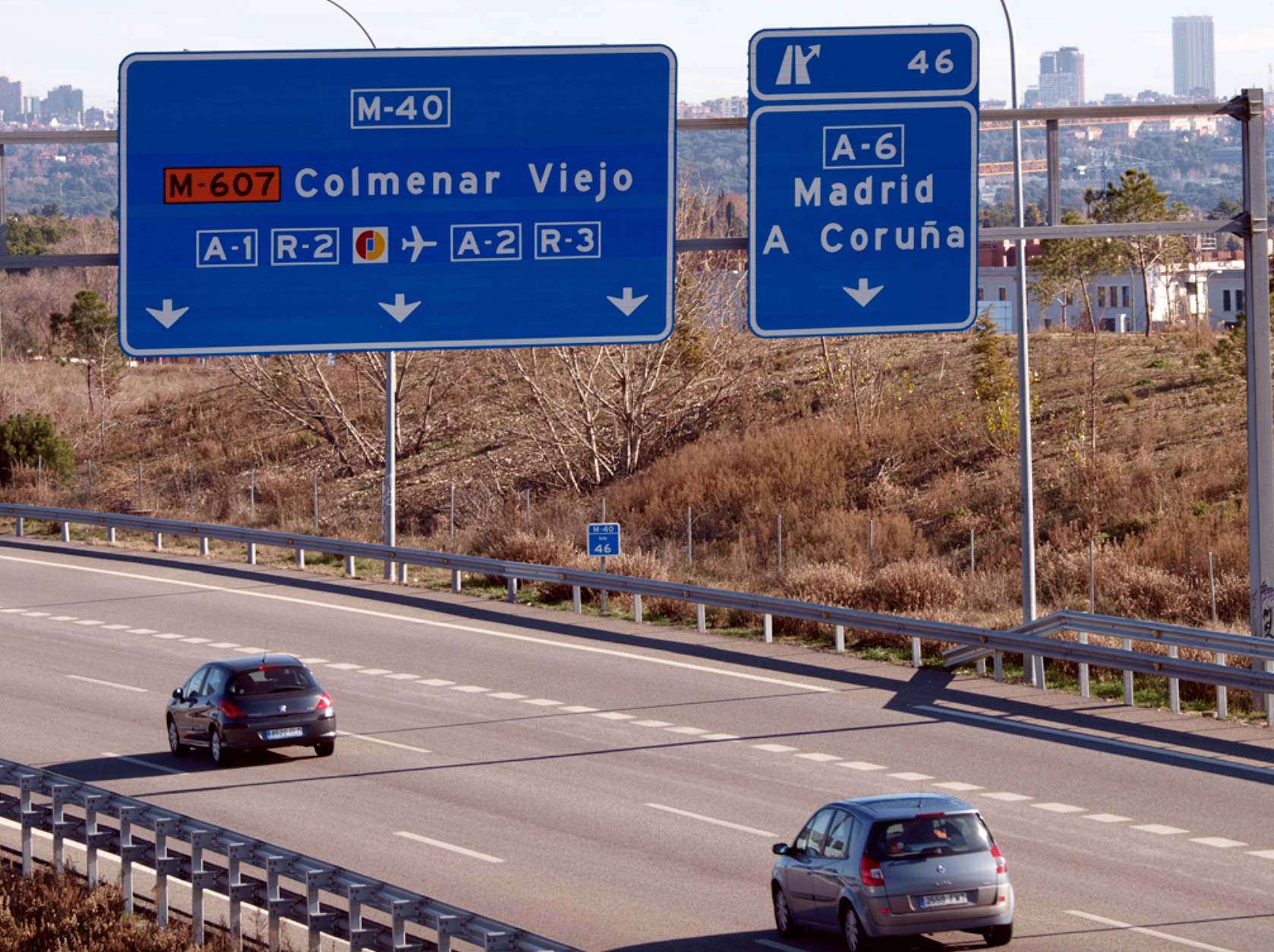
Image Source: Wikipedia
Spain's M-40 orbital motorway embraces Madrid, providing a crucial ring of connectivity. Opened in stages since the 1990s, it spans approximately 63 kilometers. With around 1,500 accidents annually, the M-40's role in alleviating congestion and facilitating urban movement is essential. This road embodies Spain's commitment to modern infrastructure and sustainable urban planning.
21. I-5 Santa Ana Freeway - USA
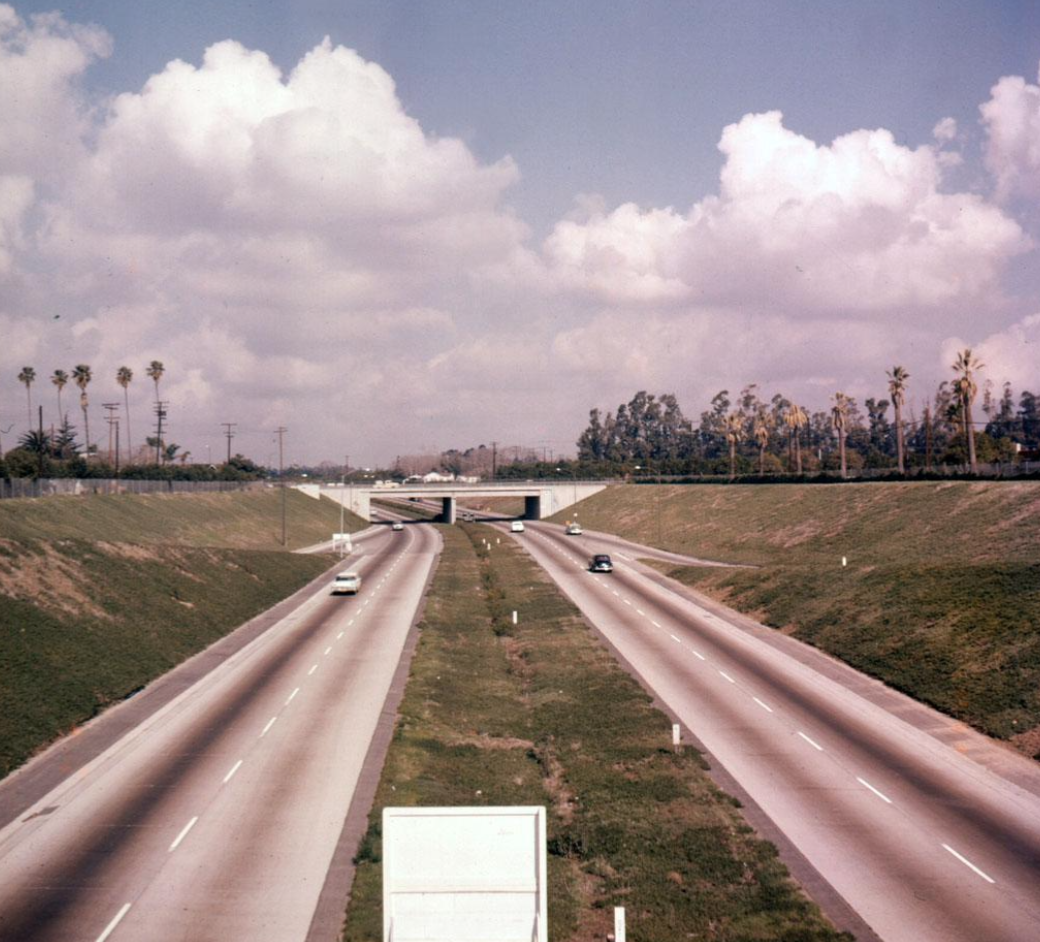
Image Source: Reddit
The I-5 Santa Ana Freeway in California, a major artery of the US highway system, connects Los Angeles to San Diego. Established in the 1950s, it spans about 650 kilometers. With an average of 4,000 accidents each year, the I-5's significance lies in linking California's bustling cities and fostering economic exchange. This road mirrors the diversity and dynamism of the American West Coast.
22. Srinagar-Leh Highway - India
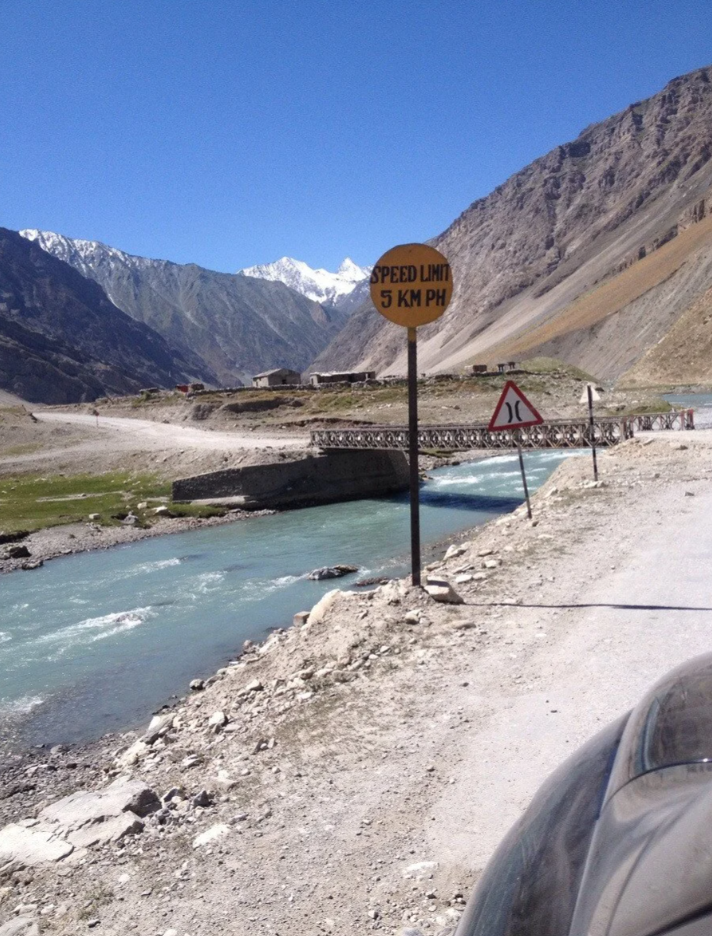
Image Source: Reddit
India's Srinagar-Leh Highway is a picturesque yet challenging route, winding through the Himalayas. Opened in the 1960s, it spans around 430 kilometers. Despite its breathtaking beauty, the road witnesses around 200 accidents yearly. Its strategic importance is in connecting the Ladakh region, fostering tourism, and supporting the military. The Srinagar-Leh Highway showcases India's geographical diversity and resilience.
23. G15 Shenyang-Haikou Expressway - China
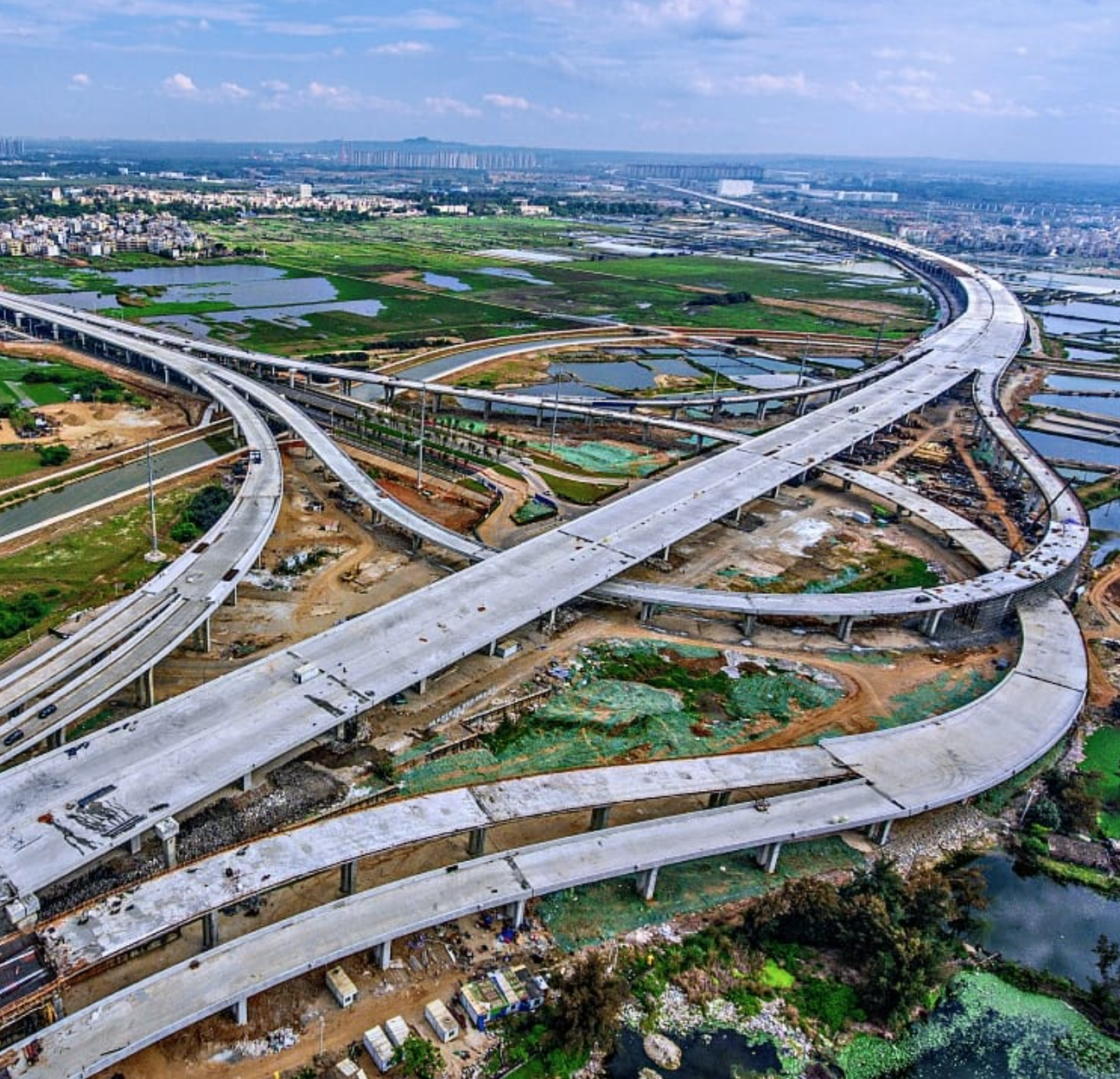
Image Source: Facebook
China's G15 Expressway, spanning from Shenyang to Haikou, covers an impressive distance. Built in stages since the 1990s, it extends over 3,000 kilometers. Reporting approximately 2,000 accidents annually, this road's role in connecting northern and southern China is vital. The G15 Expressway exemplifies China's vision of harmonizing regional development and enhancing connectivity.
24. Ayalon Highway - Israel
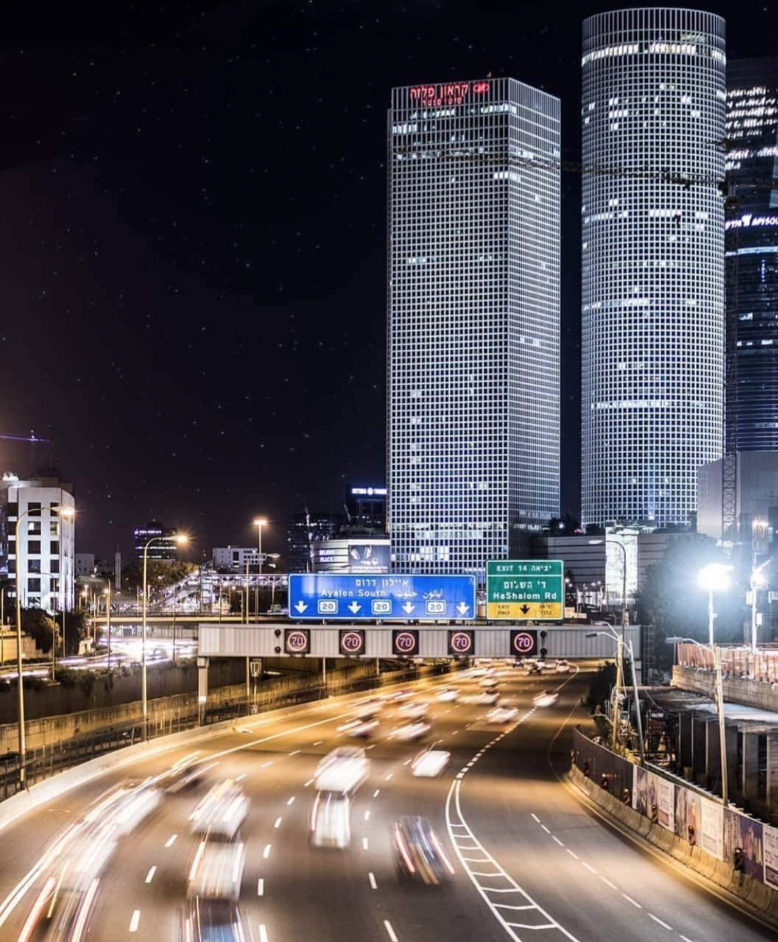
Image Source: Reddit
Israel's Ayalon Highway, threading through Tel Aviv, is a dynamic urban artery. Established in the 1960s, it spans about 20 kilometers. WOW! With an average of 1,000 accidents reported each year, this road's significance stems from its role in linking the economic and cultural heart of Israel. The Ayalon Highway embodies Tel Aviv's energy and growth.
25. Avenida 9 de Julio - Argentina
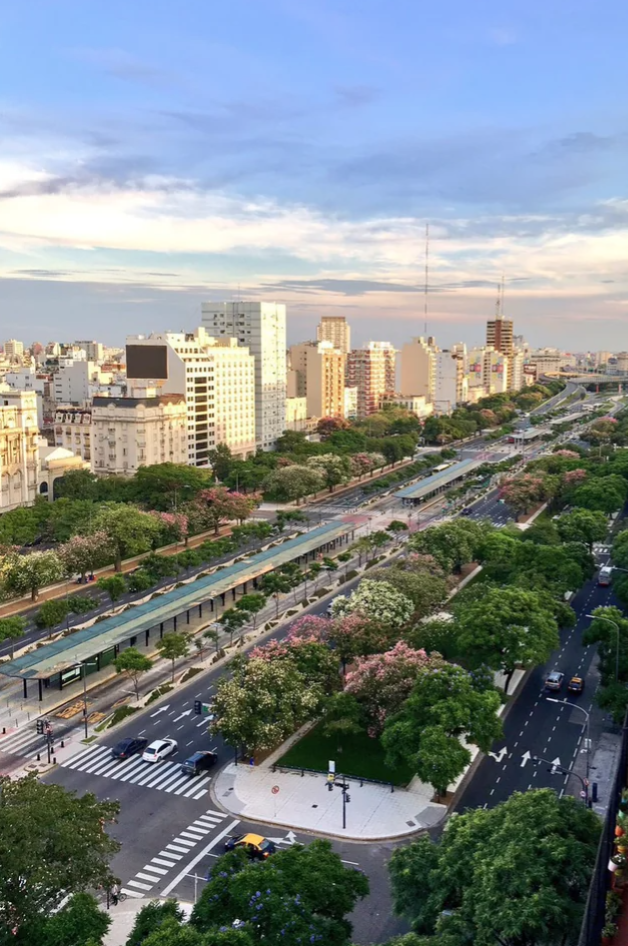
Image Source: Reddit
Argentina's Avenida 9 de Julio, in the heart of Buenos Aires, is one of the world's widest avenues. Constructed in the mid-20th century, it spans about 3.5 kilometers. Reporting around 700 accidents annually, this road's importance lies in being a central hub for cultural events and city life. The Avenida 9 de Julio reflects the vibrancy and pride of Argentina's capital.
26. M4 Don - Russia
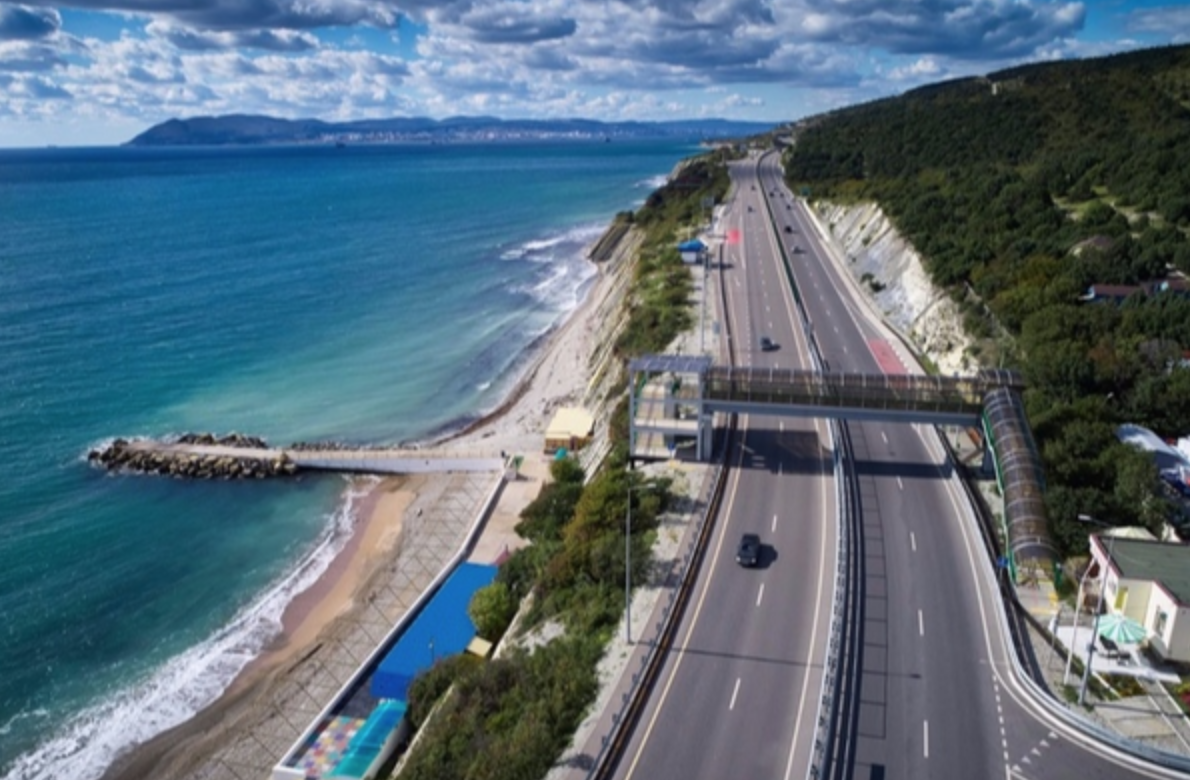
Image Source: Reddit
Russia's M4 Don highway links Moscow to the southern regions, bridging diverse landscapes. Established in the 1970s, it spans around 1,500 kilometers. Reporting approximately 1,200 accidents each year, this road's significance is evident in connecting the nation's capital to vital economic centers. The M4 Don highway reflects Russia's vastness and its efforts to enhance regional connectivity.
27. Route 5 - Chile
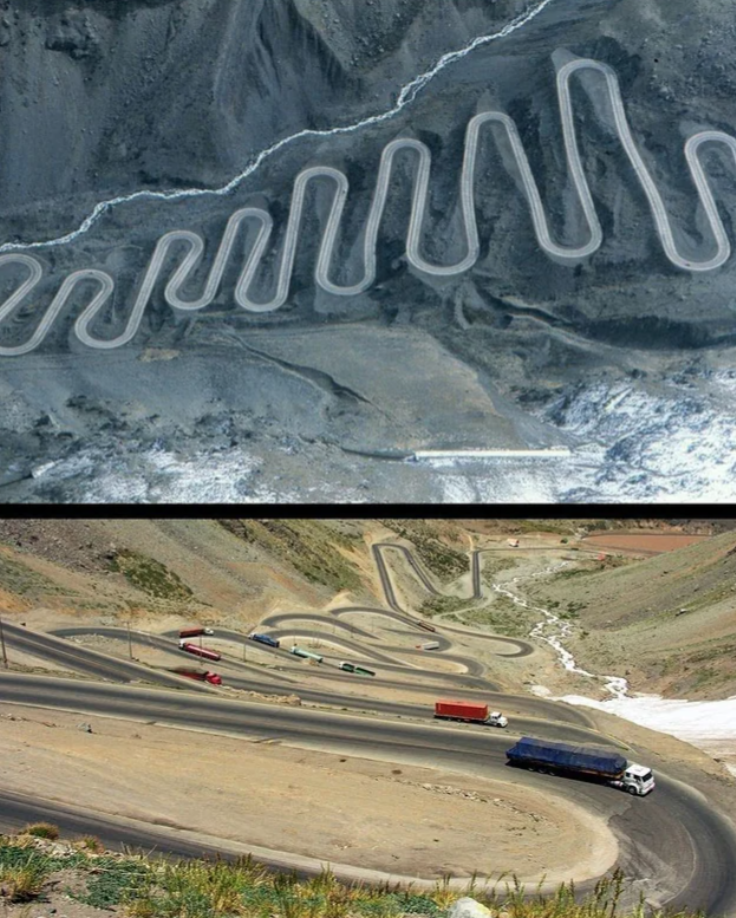
Image Source: Reddit
Chile's Route 5, also known as the "Pan-American Highway," traverses the length of the country. Built in stages since the 1930s, it stretches over 3,000 kilometers. With an average of around 2,000 accidents reported each year, this road's significance lies in connecting Chile's diverse regions and fostering trade. Route 5 embodies Chile's geographical variety and economic integration.
28. Kabul-Jalalabad Highway - Afghanistan
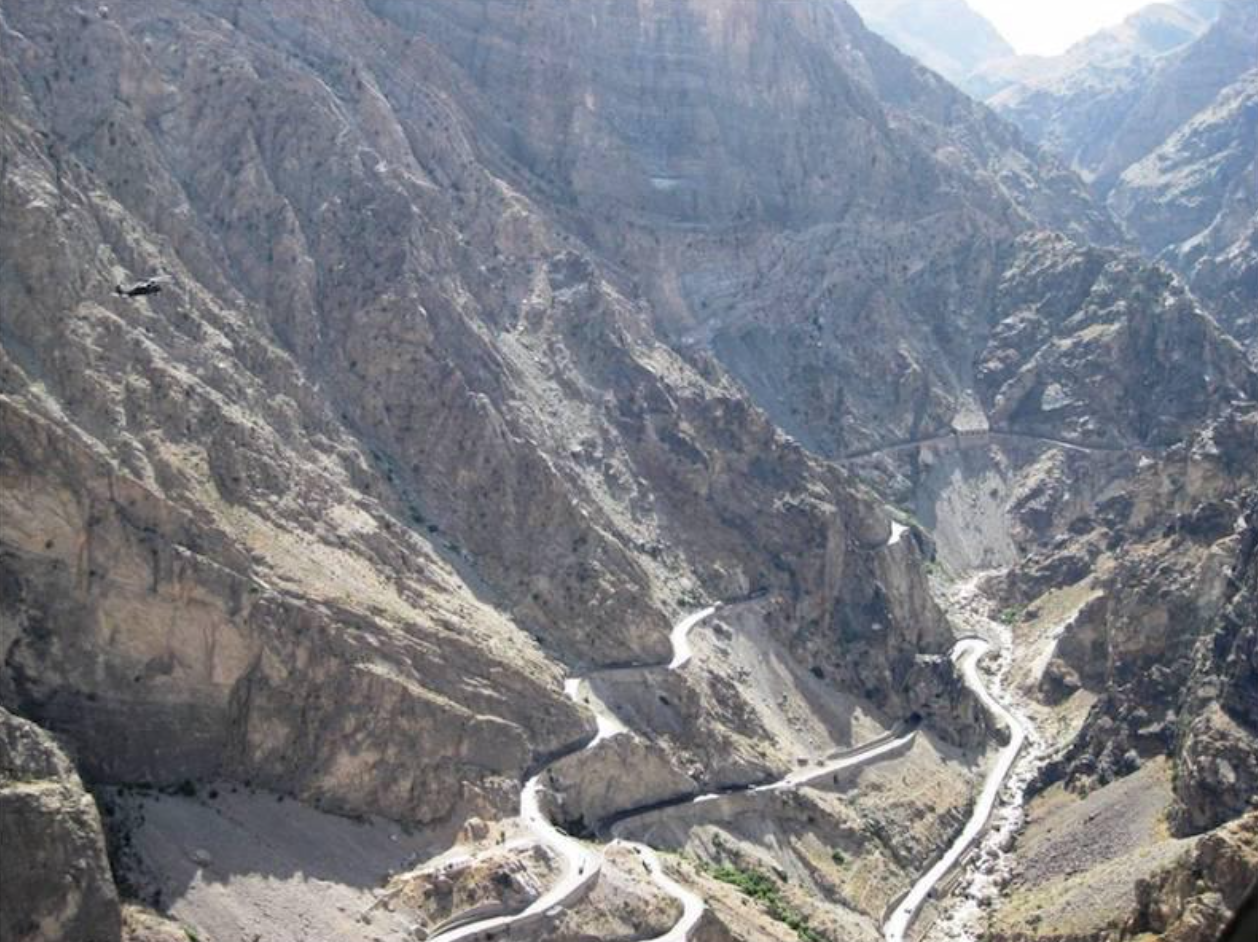
Image Source: Reddit
Linking Kabul to Jalalabad, Afghanistan's Kabul-Jalalabad Highway spans 150 kilometers. Despite challenging terrain and security issues, it's crucial for commerce and connectivity. Accurate accident data is challenging to obtain due to complex circumstances. The road's significance lies in connecting key urban centers and fostering regional development, showcasing Afghanistan's resilience.
29. I-45, Houston - USA
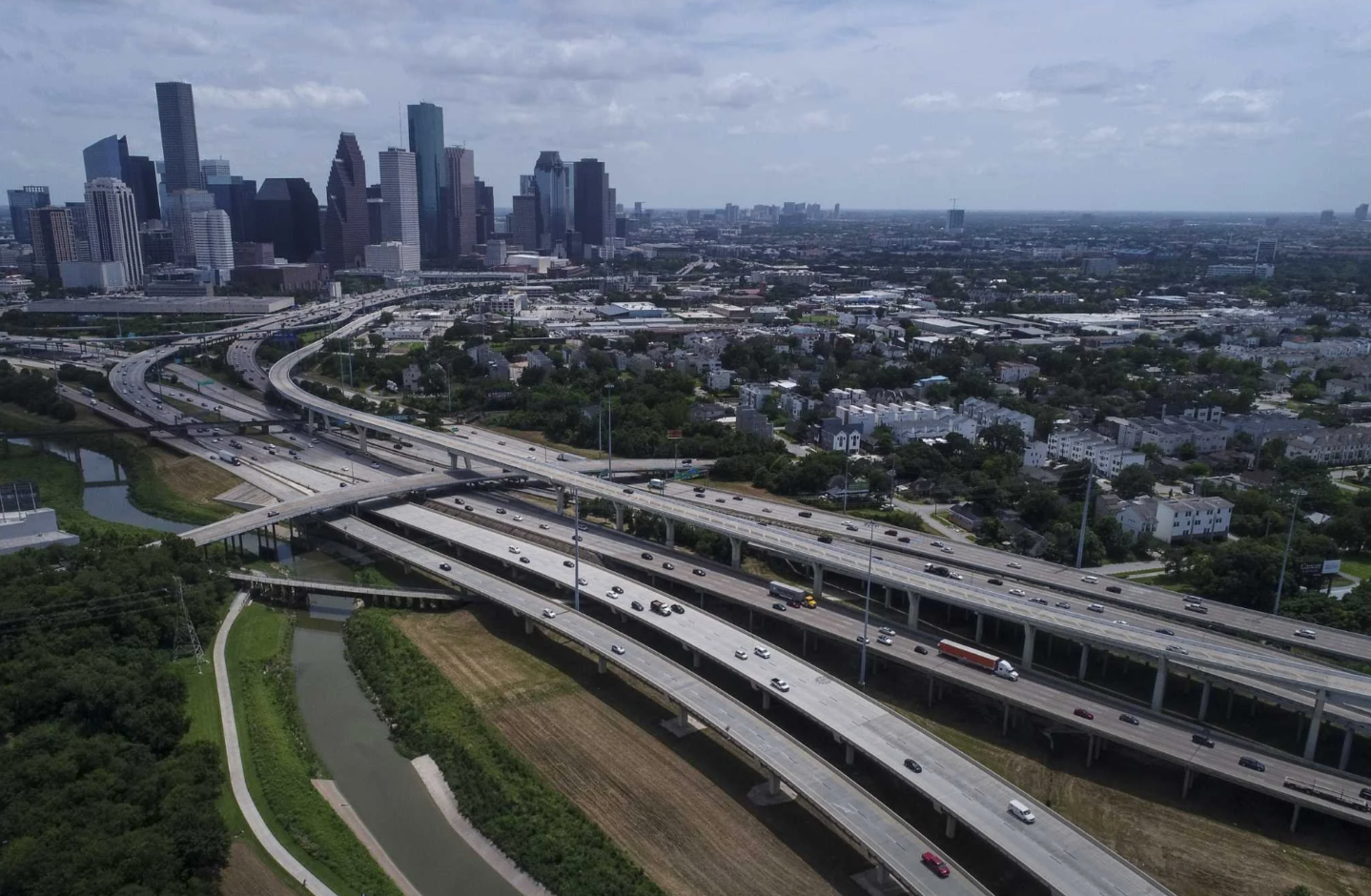
Image Source: Reddit
One of the busiest highways in the US is the I-45 in Houston, Texas. Its average speed reduces year on year, meaning that each year it takes longer and longer to drive through. A lot of people are relocation over to Texas for numerous reasons, however, traffic isn't one of them! Also, it was voted the second most dangerous highway in America. Would you brave this highway?30. M1 - UK

